World 1901-present
Some of the most profound and influential changes in world history take place from 1901 to today and covered here are many of the important and well known ones as well as some of the smaller stories. In terms of reach this section covers huge themes on diplomacy, post imperialism and economics. The articles cover the time period right up into recent events such as the State of the Union address by the US President Barrack Obama.
Sort by:
Date (Newest first) | Title A-Z
Show:
All |
Articles |
Podcasts |
Multipage Articles
-
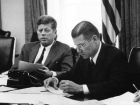
Finding the place of substantive knowledge in history
ArticleClick to view -
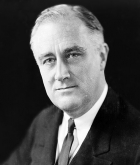
Franklin D. Roosevelt and the New Deal
ArticleClick to view -
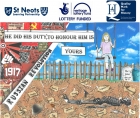
From St Neots to Siberia: an HA Quality Mark Community Outreach Project
Multipage ArticleClick to view -

Helping Year 9 debate the purposes of genocide education
ArticleClick to view -

Helping Year 9 to engage effectively with ‘other genocides’
ArticleClick to view -
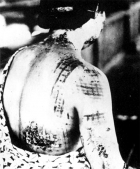
Hiroshima and Nagasaki: Introducing students to historical interpretation
ArticleClick to view -

History, citizenship and Oliver Stone
ArticleClick to view -

Hitting the right note: how useful is the music of African-Americans to historians?
ArticleClick to view -
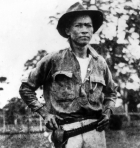
How introducing cultural and intellectual history improves critical analysis in the classroom
ArticleClick to view -

How representing women can convey a more complex narrative of the Russian Revolution to Year 9
ArticleClick to view -
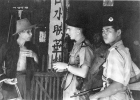
Imperialism resurgent: European attempts to 'recolonise' South East Asia after 1945
ArticleClick to view -
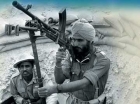
India and the British war effort, 1939-1945
ArticleClick to view -
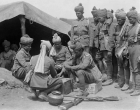
India in 1914
ArticleClick to view -

JFK: the medium, the message and the myth
ArticleClick to view -
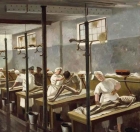
Learning lessons from genocides
ArticleClick to view -
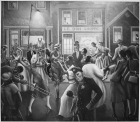
Lengthening Year 9’s narrative of the American civil rights movement
ArticleClick to view -
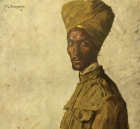
Lions of the Great War: How are Sikh soldiers of the First World War seen today?
Multipage ArticleClick to view -
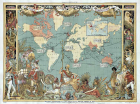
Navigating the ‘imperial history wars’
ArticleClick to view -

Nutshell
ArticleClick to view -

Podcast Series: Britain's Cold War
Multipage ArticleClick to view

